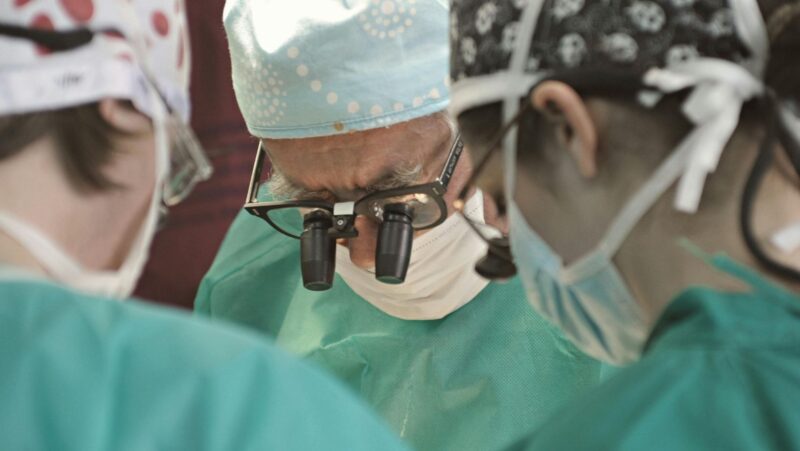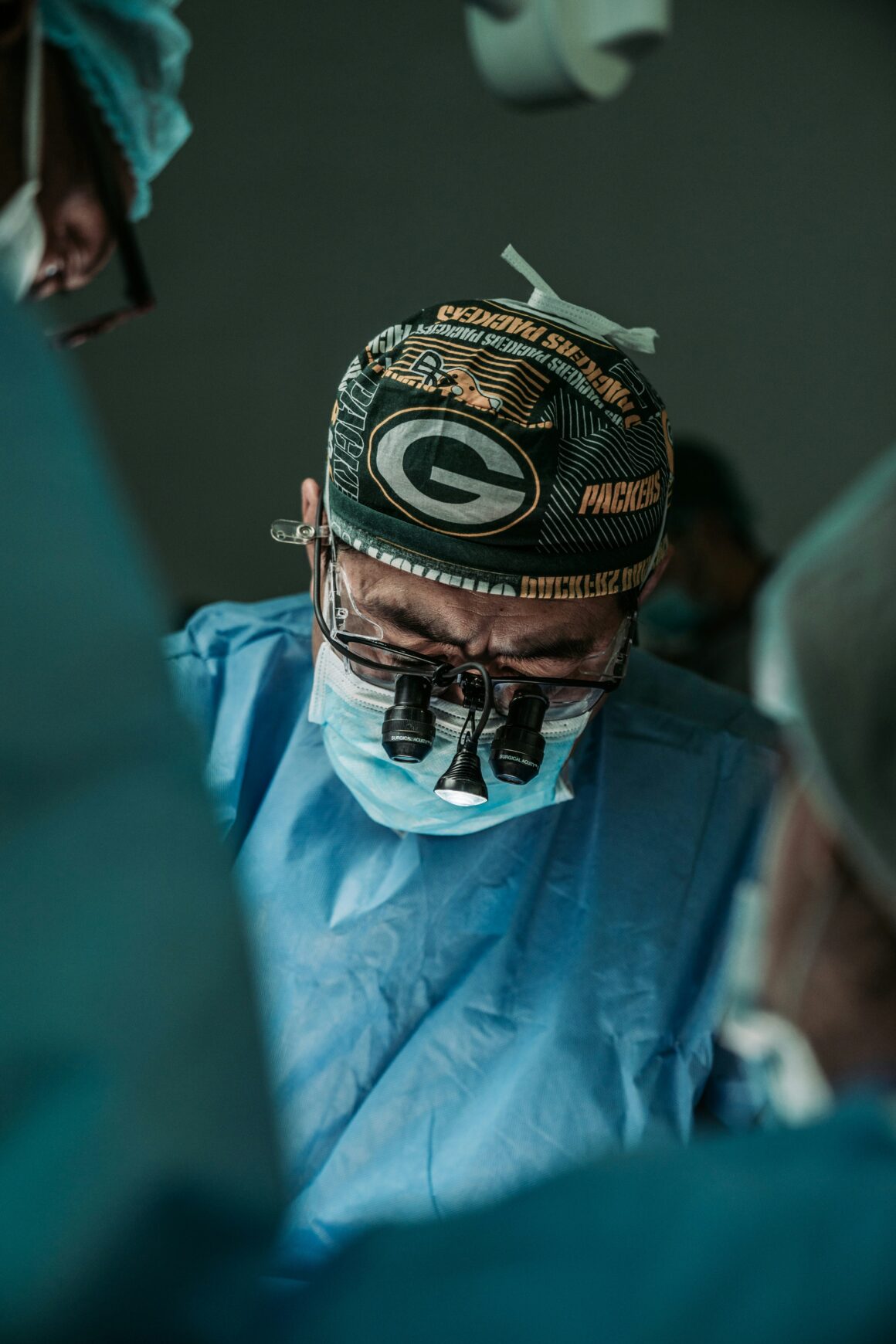Surgeons face various visual hazards in the operating room, making protective eyewear essential for safety and precision. This article discusses the importance of surgical glasses in maintaining clear vision and reducing risks during procedures.
Surgeons rely on precise vision to perform intricate tasks, and any compromise in clarity can affect patient outcomes. The operating room presents several challenges to maintaining optimal vision, including exposure to laser light and the intense brightness of surgical lamps. These factors necessitate the use of protective eyewear specifically designed for surgical environments. By wearing surgical glasses, surgeons can protect their eyes from potential damage and ensure their visual acuity remains sharp throughout procedures.
Understanding The Need For Surgical Glasses
Operating rooms are equipped with high-intensity lights and laser equipment that, while essential for visibility and precision, pose significant risks to a surgeon’s eyes. Laser beams, used in various surgical procedures, can cause retinal damage if not properly shielded. Additionally, the bright lights necessary for illuminating the surgical field can lead to glare and eye strain, affecting a surgeon’s focus and performance. Protective surgical eyewear is crucial in mitigating these risks, providing a barrier against harmful light exposure and ensuring that surgeons can maintain their concentration and precision.
These visual hazards can lead to both immediate discomfort and long-term eye health issues. Direct exposure to laser light can result in serious injuries, while prolonged exposure to bright surgical lamps can cause fatigue and reduce focus. By incorporating surgical safety glasses or surgeon goggles into their routine, surgeons can minimize these risks and maintain the high level of precision required for successful outcomes.
Modern surgical procedures often involve multiple light sources and specialized equipment that emit varying wavelengths of light. From microscope illumination to fluorescence-guided surgery techniques, surgeons are exposed to a complex visual environment. The cumulative effect of these exposures throughout a surgeon’s career can be significant, potentially leading to premature vision deterioration and occupational eye disorders. This makes the selection and consistent use of appropriate surgeon glasses and surgical eyewear not just a safety measure but a career-preserving necessity.
The Benefits of Surgical Glasses for Surgeons
Surgical glasses are designed to address the specific needs of medical professionals working in high-risk environments. These glasses feature advanced lens technology that filters out harmful wavelengths from lasers while maintaining clear and unobstructed vision. This ensures that surgeons can perform their tasks with accuracy and confidence, without the distraction of potential eye damage. Many models of surgical safety glasses and surgeon goggles also incorporate anti-fog and scratch-resistant coatings, which are essential during long or high-intensity procedures.
In addition to their protective capabilities, surgical eyewear is designed for comfort and functionality. They are lightweight, ergonomic, and fit comfortably for extended wear, reducing pressure on the nose and ears. This comfort is vital for maintaining focus during lengthy operations, allowing surgeons to perform at their best without the distraction of discomfort or fatigue.
For example, NoIR Insight’s surgeon glasses are specifically crafted to combine safety and comfort, making them ideal for complex procedures. Their advanced design not only protects against harmful light exposure but also ensures that surgeons can work efficiently without visual strain. These types of surgical safety glasses set a new standard for combining durability, optical precision, and comfort in professional settings.
Implementing Surgical Glasses in Medical Practice
Integrating protective eyewear into standard surgical practice is a proactive step toward enhancing safety and performance in the operating room. Hospitals and surgical centers should prioritize the use of surgical eyewear and surgeon goggles as part of their safety protocols, ensuring that all medical professionals are equipped with the necessary tools to protect their vision.
By adopting surgical safety glasses and surgeon glasses as standard practice, medical facilities can improve overall safety and reduce the risk of visual impairment among staff. This not only benefits individual practitioners but also contributes to better patient outcomes by ensuring that surgeons maintain focus and precision throughout procedures. Training programs for new surgeons should also emphasize the importance of surgical eyewear, fostering a culture that prioritizes both personal safety and patient care from the very start of a medical career.

